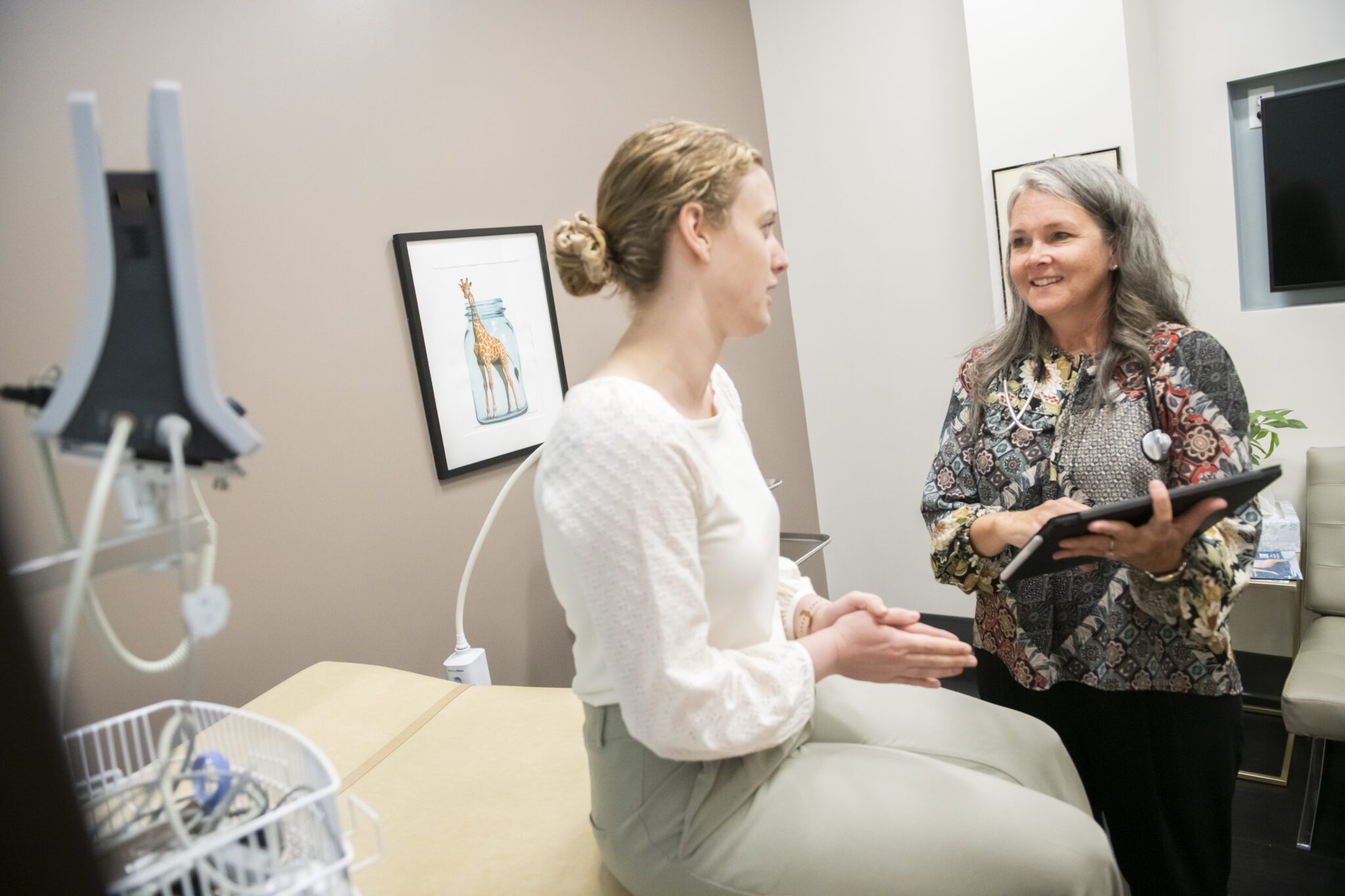Call them what you want: Urgent Cares, Minor Meds, or Walk-In Clinics; these “on-demand” medical services started to pop up over a decade ago to fill the big gaps created by traditional Primary Care offices. Despite some growing pains and unexpected challenges posed by the Pandemic, success and growth of the Urgent Care system continues.
Why? Easy answer: Contrary to the typical physician practice, which focuses on what is most convenient and profitable for the clinic, the Urgent Care system serves the patient. A good Urgent Care offers convenience, easy access, affordability, and solutions to common medical problems.
Let’s see how.
1) The doctor will see you…now. Maybe you’ve experienced this yourself: You wake up one morning feeling feverish and achy. You have a regular doctor, one who’s known you for years, so you call and ask to be seen. “Of course,” answers the receptionist, “how about two weeks from today? That’s our first available appointment.” Urgent Care clinics provide same-day service. You can be seen, diagnosed, stitched up, or prescribed your medicine and sent home to rest when you need it, not weeks later and after you’ve (hopefully) already gotten better.
2) Your time is valuable. Urgent Cares are timely. When you visit an ER, your wait to be seen depends on the severity of other patients who are also waiting. That often means sitting for hours until your name is called. According to surveys, though, most Urgent Care centers should be able to see you in 20 minutes or less, even if you have no appointment. Most patients are diagnosed, treated, and out the door within one hour.
3) Many doctors in private practice have adopted a 4-day work week. In addition to office hours, that often make the last appointment at 4:00 or 4:30. That doesn’t leave much time to see unscheduled patients and certainly isn’t convenient for working parents or school-aged children. Most Urgent Care clinics offer greater convenience with much longer hours and are even open on weekends and holidays.
4) Urgent Care clinics are family-friendly. Try this experiment: Call your child’s Pediatrician and ask if you can make an appointment to have your ear wax removed. Alternatively, try calling your Internal Medicine office and ask if they can see your 4-year-old for a sore throat this afternoon. I’m willing to guess the results. Most Urgent Care clinics, however, are staffed with Family Nurse Practitioners or urgent care physicians who are willing and equipped to see a broad age range, from babies to old folks.
5) Urgent Care clinics are less expensive. Even those patients with “good” insurance may want to reconsider going to the Emergency Room for that earache or sore throat. Health insurance companies have deliberately increased penalties in the form of limits and copays to discourage patients from using ERs unnecessarily. Why? A trip to the ER can easily run up charges in the $ 1000s for something as simple as a viral upper respiratory infection. Even with big deductions from negotiated rates, an ER visit will still cost an insurance company hundreds if not thousands of dollars more than the average $135-150 they will pay an Urgent Care for the same service. And, if you don’t have insurance, we hope you will never have to visit an ER. A single visit can lead to personal bankruptcy.
6) In most areas, Urgent Cares offer easy accessibility. We have family friends who moved to the Florida Gulf coast a few years ago. When it came time to find a new family doctor, they discovered that the nearest one willing to accept their insurance was over 20 miles away! Yet, there were two Urgent Care clinics within 5 minutes of their home. With 9,000-10,000 Urgent Cares across the United States, you’ll likely find medical help just around the corner!
7) Urgent Care clinics often provide X-ray and laboratory studies on site. General medical practices like Internal Medicine or Pediatrics often do not have the staff or the budget to maintain and operate X-ray systems or approved laboratory devices. That makes sense because patients at general medical practices are typically there for chronic issues or regular, scheduled visits. As a result, they rarely have problems that require an urgent solution and can usually afford to wait for test results. Some Urgent Cares (like ZüpMed) even maintain a dispensary with prescription and over-the-counter medicines.
8) Urgent Care clinics offer minor surgical and orthopedic procedures. Cut your finger slicing limes for Cinco de Mayo? Think you might have broken an ankle while trying to re-live your glory days on the basketball court? Suffering from a hot, painful boil in your armpit? Most medical practices will say, “No, thank you!” and send you to the nearest ER or Orthopedist for evaluation and treatment. And if the ER is busy, you could be there for hours. A good Urgent Care will have trained, licensed staff experienced in common surgical and orthopedic procedures.
So, while not the place for a life-threatening emergency like a heart attack or multiple broken bones, Urgent Care clinics can offer prompt, efficient, cost-effective care for a broad range of common illnesses and injuries.
ZüpMed offers unique, award-winning Urgent and Primary Care through our beautiful Laurelwood clinic in east Memphis, convenient telemedicine visits, and old-fashioned “house calls” to area homes, hotels, and workplaces. For more information, call (901) 701-7010.
 Schedule Now
Schedule Now
